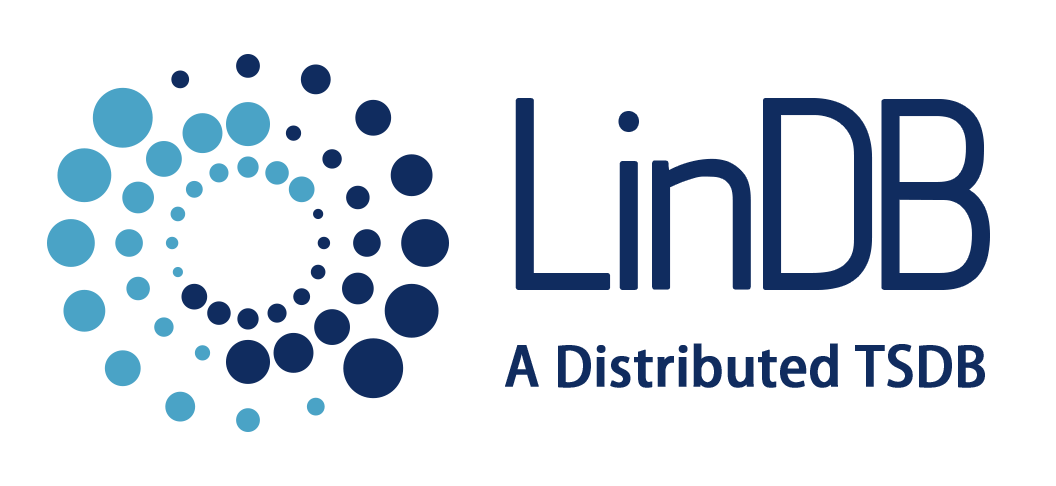LedisDB
Ledisdb is a high-performance NoSQL database library and server written in Go. It's similar to Redis but store data in disk. It supports many data structures including kv, list, hash, zset, set.
LedisDB now supports multiple different databases as backends.
Features
- Rich data structure: KV, List, Hash, ZSet, Set.
- Data storage is not limited by RAM.
- Various backends supported: LevelDB, goleveldb, RocksDB, RAM.
- Supports Lua scripting.
- Supports expiration and TTL.
- Can be managed via redis-cli.
- Easy to embed in your own Go application.
- HTTP API support, JSON/BSON/msgpack output.
- Replication to guarantee data safety.
- Supplies tools to load, dump, and repair database.
- Supports cluster, use xcodis.
- Authentication (though, not via http).
- Repair integrated: You can use
ledis repairto repair broken databases andledis repair-ttlto repair a very serious bug for key expiration and TTL if you upgraded from v0.4.
Build from source
Create a workspace and checkout ledisdb source
git clone [email protected]:ledisdb/ledisdb.git
cd ledisdb
#set build and run environment
source dev.sh
make
make test
Then you will find all the binary build on ./bin directory.
LevelDB support
-
Install leveldb and snappy.
LedisDB supplies a simple script to install leveldb and snappy:
sudo sh tools/build_leveldb.shIt will install leveldb at /usr/local/leveldb and snappy at /usr/local/snappy by default.
LedisDB uses the modified LevelDB for better performance. Details.
You can easily use other LevelDB versions (like Hyper LevelDB or Basho LevelDB) instead, as long as the header files are in
include/leveldb, notinclude/hyperleveldbor any other location. -
Set
LEVELDB_DIRandSNAPPY_DIRto the actual install path in dev.sh. -
make clean && make
RocksDB support
-
Install rocksdb(5.1+)(
make shared_lib) and snappy first.LedisDB has not yet supplied a simple script to install.
-
Set
ROCKSDB_DIRandSNAPPY_DIRto the actual install path indev.sh. -
make clean && make
If the RocksDB API changes, LedisDB may not build successfully. LedisDB currently supports RocksDB version 5.1 or later.
Choose store database
LedisDB now supports goleveldb, leveldb, rocksdb, and RAM. It will use goleveldb by default.
Choosing a store database to use is very simple.
-
Set in server config file
db_name = "leveldb"
-
Set in command flag
ledis -config=/etc/ledis.conf -db_name=leveldb
Flag command set will overwrite config setting.
Lua support
Lua is supported using gopher-lua, a Lua VM, completely written in Go.
Configuration
LedisDB uses toml as the configuration format. The basic configuration ./etc/ledis.conf in LedisDB source may help you.
If you don't use a configuration, LedisDB will use the default for you.
Server Example
//set run environment if not
source dev.sh
./bin/ledis -config=/etc/ledis.conf
//another shell
./bin/ledis cli -p 6380
ledis 127.0.0.1:6380> set a 1
OK
ledis 127.0.0.1:6380> get a
"1"
//use curl
curl http://127.0.0.1:11181/SET/hello/world
→ {"SET":[true,"OK"]}
curl http://127.0.0.1:11181/0/GET/hello?type=json
→ {"GET":"world"}
Package Example
import (
lediscfg "github.com/ledisdb/ledisdb/config"
"github.com/ledisdb/ledisdb/ledis"
)
# Use Ledis's default config
cfg := lediscfg.NewConfigDefault()
l, _ := ledis.Open(cfg)
db, _ := l.Select(0)
db.Set(key, value)
db.Get(key)
Replication Example
Set slaveof in config or dynamiclly
ledis cli -p 6381
ledis 127.0.0.1:6381> slaveof 127.0.0.1 6380
OK
Cluster support
LedisDB uses a proxy named xcodis to support cluster.
CONTRIBUTING
See [CONTRIBUTING.md] .
Benchmark
See benchmark for more.
Todo
See Issues todo
Client
See Clients to find or contribute LedisDB client.
Links
Caveat
- Changing the backend database at runtime is very dangerous. Data validation is not guaranteed if this is done.
Requirement
- Go version >= 1.11
Related Repos
Donate
If you like the project and want to buy me a cola, you can through:
| PayPal | 微信 |
|---|---|
 |
[ |
Feedback
- Gmail: [email protected]








